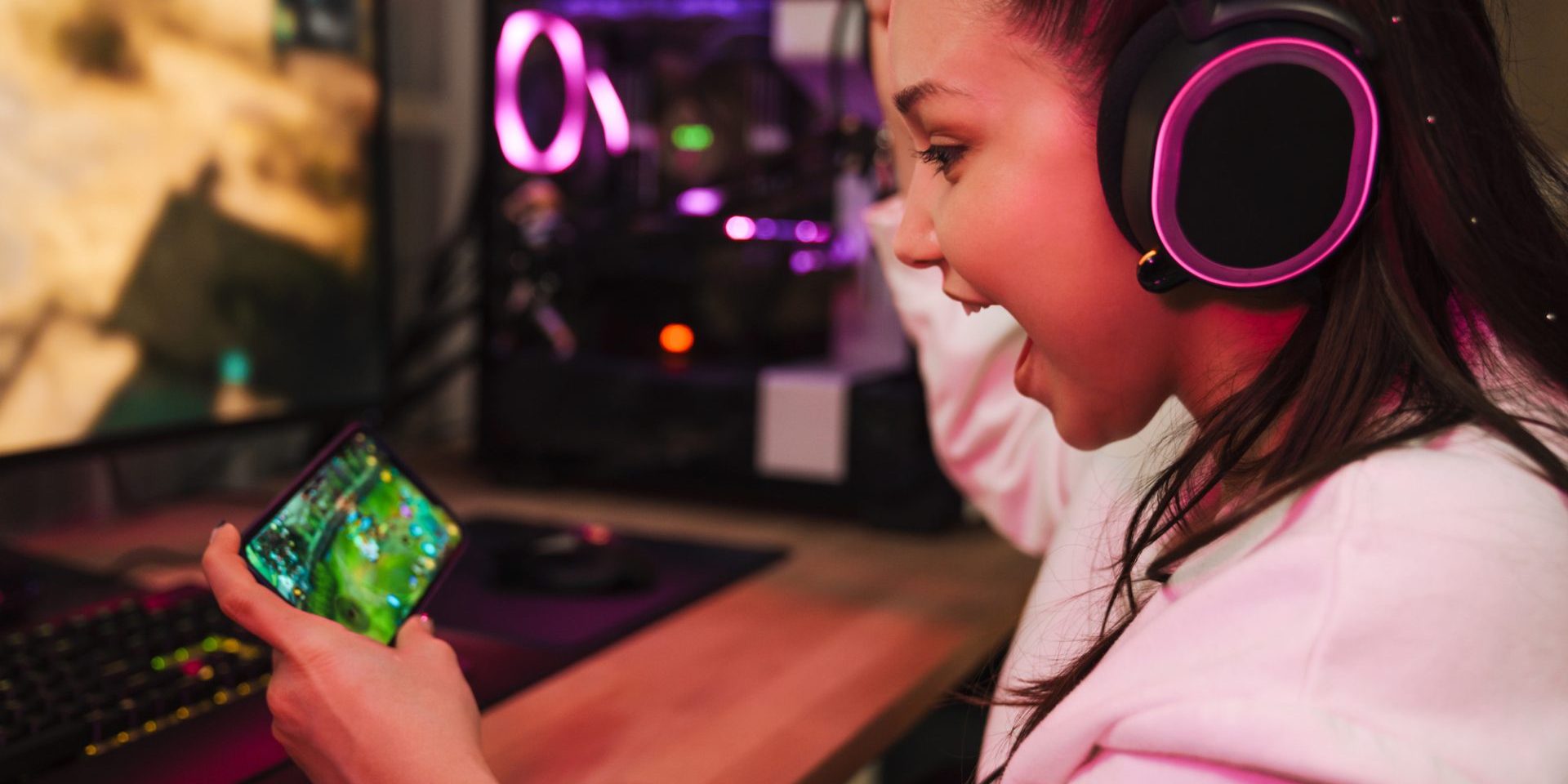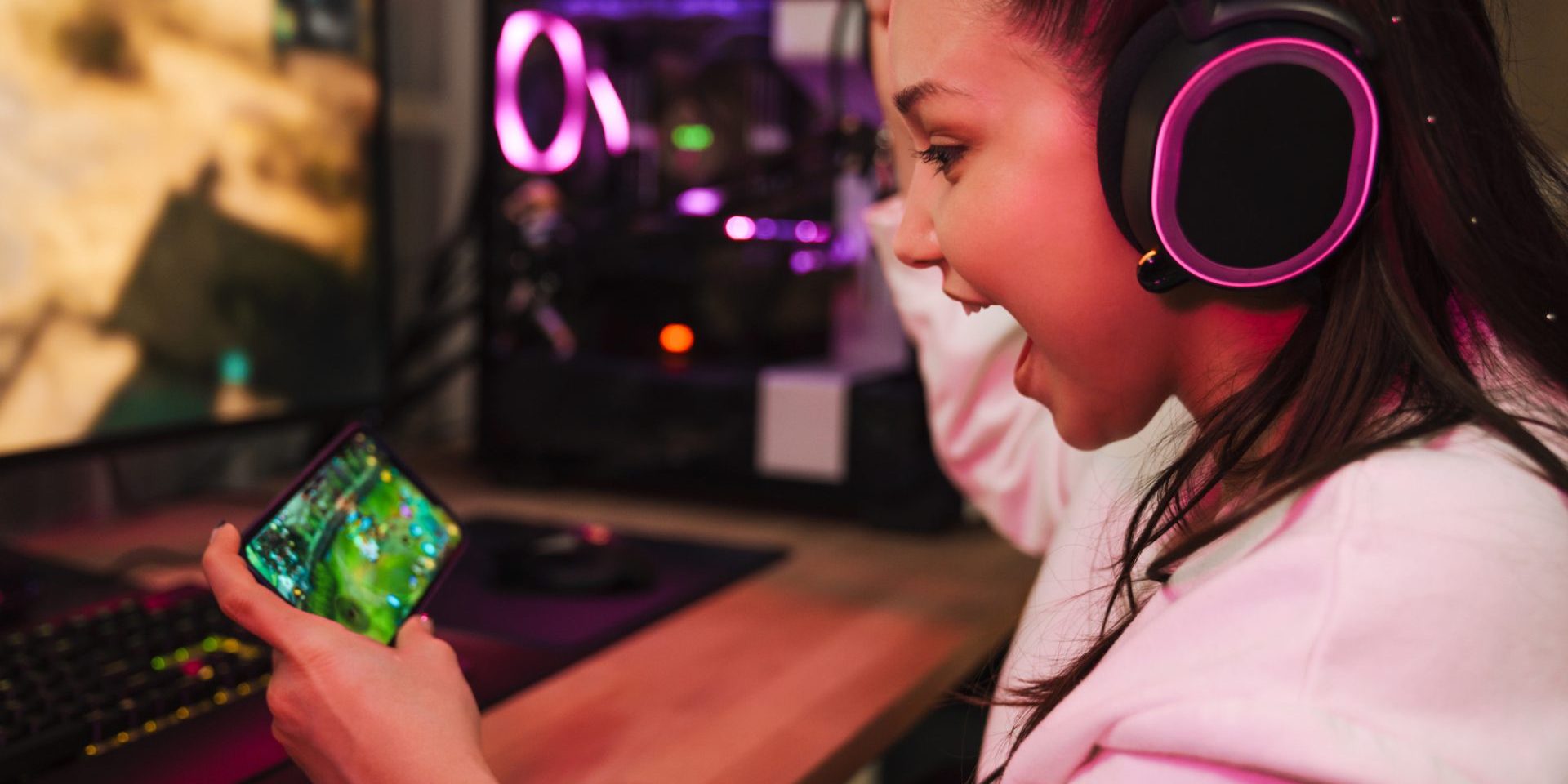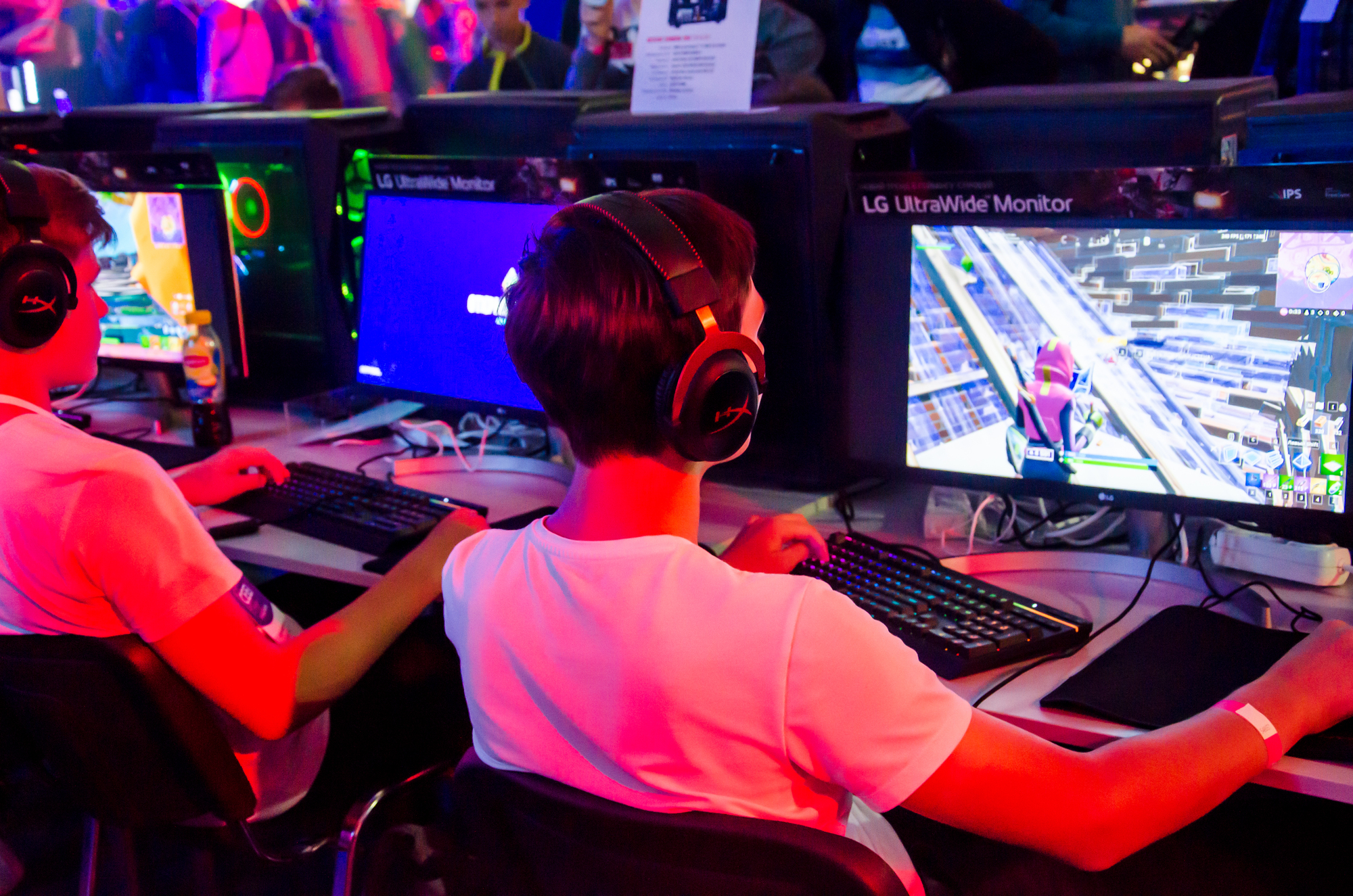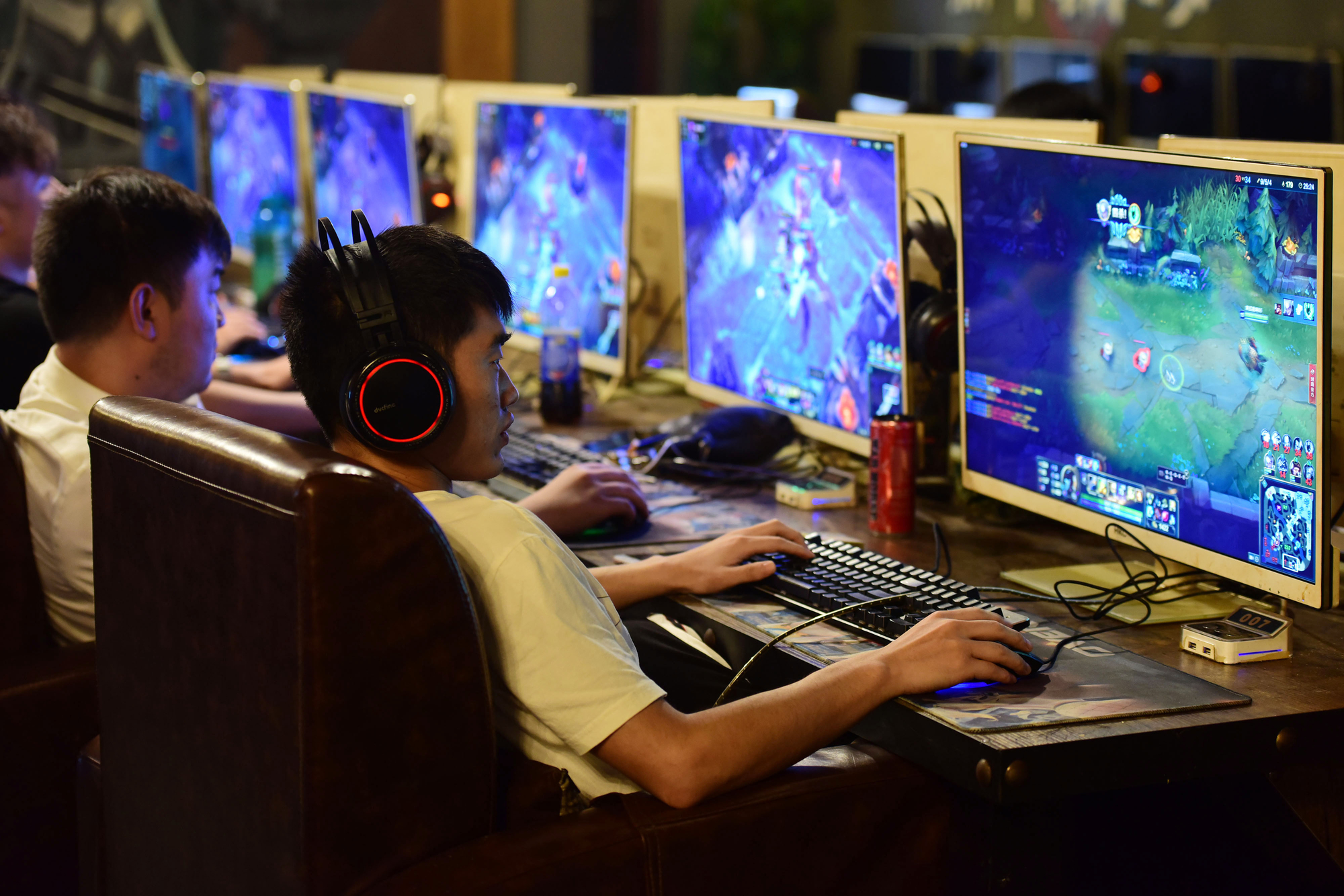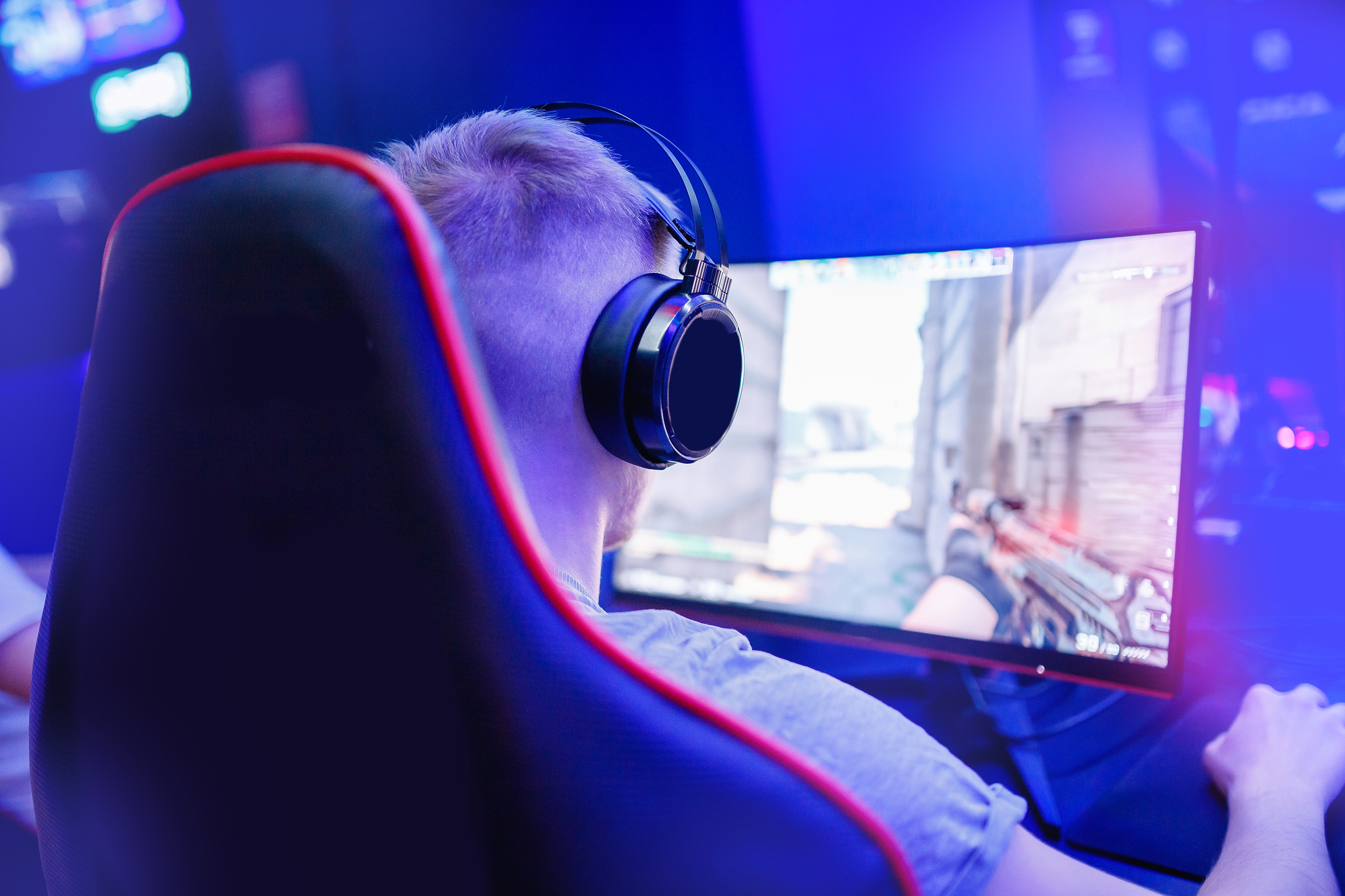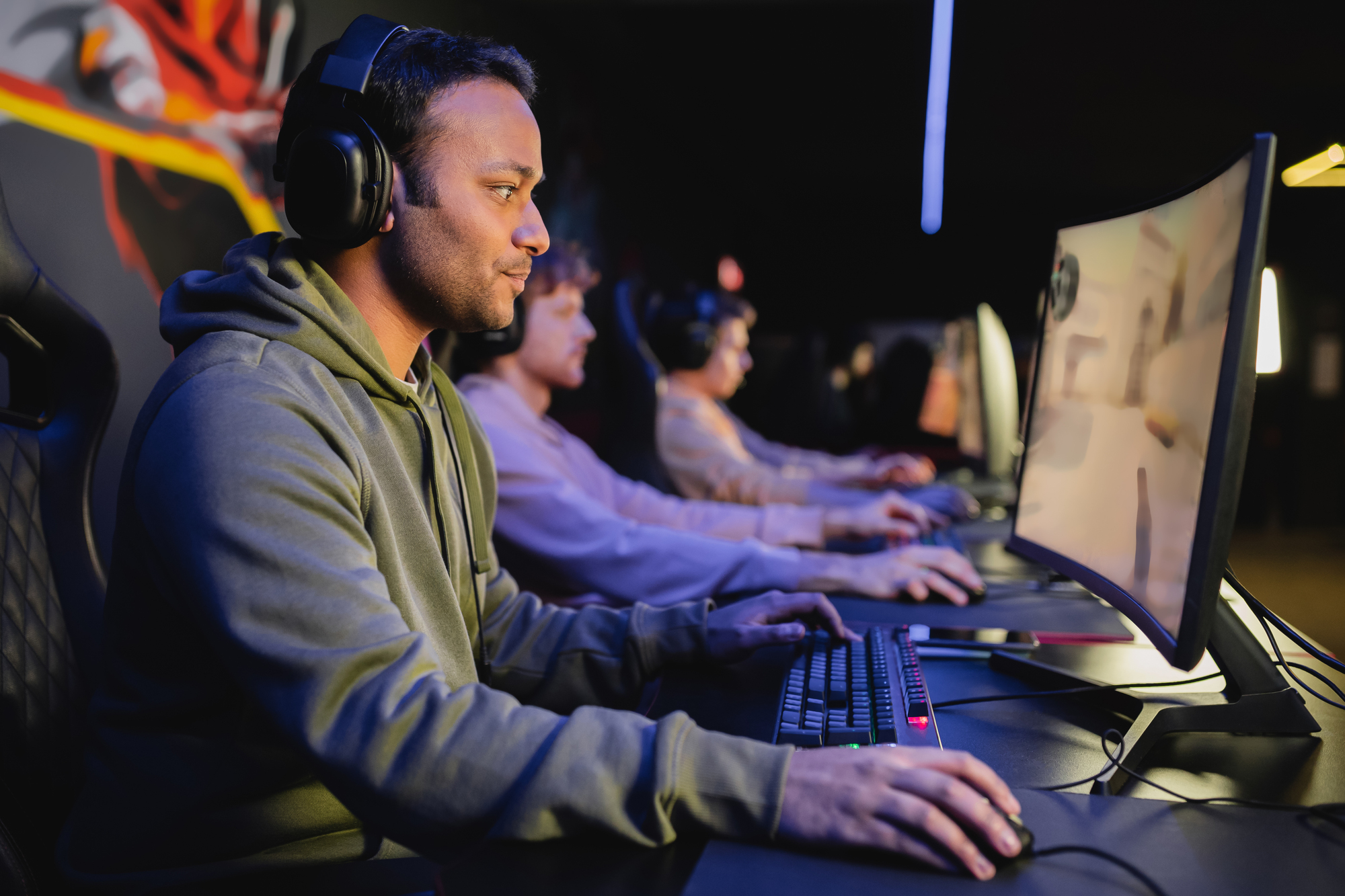Online gaming has revolutionized social interaction, creating virtual worlds where players collaborate to achieve common goals. Effective teamwork in online gaming enhances communication, problem-solving, and strategic thinking skills. These abilities are crucial for success in many multiplayer games, from cooperative missions to competitive matches.
The digital landscape of online gaming provides a unique platform for players to connect across geographical boundaries. Gamers form communities, share experiences, and build relationships through their shared passion. This social aspect adds depth to the gaming experience, making it more than just a solitary activity.
Collaboration in online gaming often requires players to adapt quickly to changing situations and trust their teammates. Players must coordinate their actions, share information, and support each other to overcome challenges. These collaborative experiences can translate into real-world skills, making online gaming a valuable tool for developing teamwork abilities.
Collaboration Dynamics in Online Gaming
Collaboration dynamics in online gaming involve intricate interactions between players working together to achieve shared objectives. These dynamics encompass communication, teamwork, and shared responsibility.
Communication as the Foundation
Effective communication forms the backbone of successful collaboration in online gaming. Voice chat systems allow players to exchange information quickly and coordinate actions in real-time. Text-based chat provides an alternative for those without microphones or in noisy environments.
Clear and concise communication is vital during fast-paced gameplay. Players must relay enemy positions, coordinate attacks, and share resource information swiftly. Some games feature built-in communication tools like pings or emotes to facilitate quick exchanges.
Communication extends beyond tactical information. Players build rapport and trust through casual conversations between matches, strengthening team bonds.
The Role of Teamwork and Unity
Teamwork and unity are central to collaborative success in online gaming. Players must understand their roles within the team and how they complement each other’s strengths. This synergy allows teams to tackle complex challenges and overcome formidable opponents.
Successful teams often develop strategies that leverage each member’s skills. For example, in a multiplayer shooter, one player might excel at long-range combat while another specializes in close-quarters fighting. By working together, they create a balanced and effective unit.
Unity also involves supporting teammates during difficult situations. This can include sharing resources, providing backup in combat, or offering encouragement after setbacks. Teams that maintain a positive attitude and stick together through challenges often perform better in the long run.
Common Goals and Shared Responsibility
In collaborative online gaming, players work towards common goals and share responsibility for the team’s success or failure. This shared investment creates a sense of camaraderie and motivates players to give their best effort.
Goals vary depending on the game type. In competitive games, the objective might be winning matches or climbing ranking ladders. Cooperative games often involve completing missions or defeating powerful AI-controlled enemies.
Shared responsibility means each player contributes to the team’s performance. This can involve taking on specific tasks, such as defending a particular area or managing resources. Players must trust their teammates to fulfill their roles while focusing on their own responsibilities.
Balancing individual and team goals is crucial. While personal achievements are satisfying, players in collaborative games must prioritize team success over individual glory. This mindset fosters a cooperative atmosphere and leads to more enjoyable gaming experiences for all involved.
The Benefits of Effective Collaboration
Effective collaboration in online gaming yields significant advantages for players and developers alike. It amplifies enjoyment, sparks fresh ideas, and helps teams overcome challenges.
Enhancing the Gaming Experience
Collaboration enriches gameplay by fostering social connections. Players form bonds through shared objectives and victories. This social aspect adds depth to virtual worlds, making them more engaging and memorable.
Teamwork also boosts player satisfaction. Coordinated efforts lead to impressive in-game feats that solo play rarely matches. The thrill of executing complex strategies with others creates lasting positive memories.
Communication skills improve as gamers learn to convey information quickly and clearly. This carries over to real-life situations, benefiting players beyond the game world.
Fostering Innovation and Creativity
Group dynamics in online games spark creative problem-solving. Players combine diverse skills and perspectives to tackle challenges in novel ways. This collaborative creativity often leads to unexpected solutions and strategies.
Developers benefit from player collaboration too. They gain insights by observing how teams approach game mechanics and content. This feedback loop drives improvements and new features in future updates.
User-generated content flourishes in collaborative environments. Players inspired by teamwork often create mods, maps, or storylines that expand the game’s scope and longevity.
Achieving Goals and Overcoming Obstacles
Teamwork allows players to take on tougher challenges than they could alone. Difficult raids or complex puzzles become manageable when approached collaboratively. This enables more players to experience high-level content and achievements.
Collaboration builds resilience in the face of setbacks. Teams learn to adapt strategies, support struggling members, and persevere through failures. These skills translate well to real-world projects and challenges.
Shared victories are often more satisfying than solo accomplishments. The collective effort amplifies the sense of achievement, motivating players to tackle even greater obstacles together.
Tools and Strategies for Success
Effective collaboration in online gaming requires specific tools and approaches. Players can enhance their teamwork through communication, trust-building, role assignment, and adaptability.
Utilizing Voice and Communication Tools
Voice chat platforms are essential for real-time coordination in online games. Discord, TeamSpeak, and in-game voice systems allow players to share information quickly. Text chat serves as a backup for important details or when voice isn’t an option.
Clear, concise communication is key. Players should use concise callouts and avoid unnecessary chatter during intense gameplay moments. Establishing a common vocabulary for game-specific terms and locations helps teammates understand each other rapidly.
Some teams use hand signals or emotes as non-verbal cues. These can be useful for silent coordination or when voice chat isn’t available.
Building Trust and Giving Feedback
Trust forms the foundation of strong gaming teams. Regular practice sessions help players understand each other’s playstyles and strengths. Consistent performance and reliability in high-pressure situations build confidence among teammates.
Constructive feedback is crucial for improvement. Players should focus on specific actions rather than personal criticism. Positive reinforcement for good plays encourages repeat performance.
Teams can hold post-game debriefs to discuss what went well and areas for improvement. This open dialogue helps address issues and refine strategies without blame.
Assigning Roles and Leadership
Clear role assignment prevents confusion and improves team efficiency. Roles can be based on player strengths, game classes, or strategic positions. Some common roles include:
- Shot caller (strategic decision-maker)
- Support (team resource manager)
- Scout (information gatherer)
- Offensive specialist
- Defensive anchor
Leadership in gaming teams can be fixed or rotate based on the situation. Good leaders communicate clearly, make quick decisions, and adapt strategies as needed.
Teams should practice different role combinations to find the most effective setup. Flexibility allows players to cover for each other if needed.
Adapting to Challenges and Diversity
Successful teams can adjust their strategies on the fly. This requires players to stay calm under pressure and think creatively. Regular scenario training helps teams prepare for unexpected situations.
Embracing diversity in playstyles and backgrounds can lead to innovative strategies. Teams with varied perspectives often find unique solutions to in-game problems.
Cross-training in different roles and game modes broadens team capabilities. This versatility allows for better adaptation to opponent strategies or game updates.
Players should remain open to learning from both victories and defeats. Analyzing replays and seeking advice from more experienced players can accelerate skill development.
Achieving and Maintaining High Team Performance
Successful online gaming teams prioritize collaboration, communication, and adaptability. These elements form the foundation for exceptional performance in competitive gameplay.
Monitoring Team Dynamics
Effective teams in online gaming regularly assess their interactions and performance. Players track individual and group progress, identifying areas for improvement. This ongoing evaluation helps teams adjust strategies and enhance coordination.
Team leaders play a crucial role in fostering a positive environment. They encourage open dialogue and constructive feedback among members. Regular team meetings allow for strategy discussions and performance reviews.
Data analysis tools can provide valuable insights into team dynamics. These tools track statistics like win rates, player contributions, and communication patterns. Teams use this information to make data-driven decisions and refine their approach to gameplay.
Resolving Conflicts and Maintaining Respect
Conflict resolution skills are essential for maintaining team cohesion in online gaming. Players must address disagreements promptly and professionally to prevent issues from escalating.
Teams benefit from establishing clear communication protocols. These guidelines outline appropriate behavior and language during gameplay and team discussions. Enforcing these standards helps create a respectful atmosphere for all members.
When conflicts arise, team leaders facilitate open discussions. They encourage players to express their concerns and work together to find solutions. This collaborative approach strengthens team bonds and improves overall performance.
Accountability and Adaptability in Teams
High-performing gaming teams emphasize individual accountability. Each player takes responsibility for their role and contributions to the team’s success. This mindset fosters a culture of continuous improvement and mutual support.
Teams must remain flexible in the face of changing game dynamics and opponent strategies. Players who can quickly adjust their tactics and playstyles give their team a competitive edge. Regular practice sessions focused on adaptability help teams prepare for unexpected situations.
Feedback loops are vital for maintaining accountability and promoting growth. Teams implement systems for constructive criticism and praise. This balanced approach motivates players to strive for excellence while addressing areas needing improvement.

